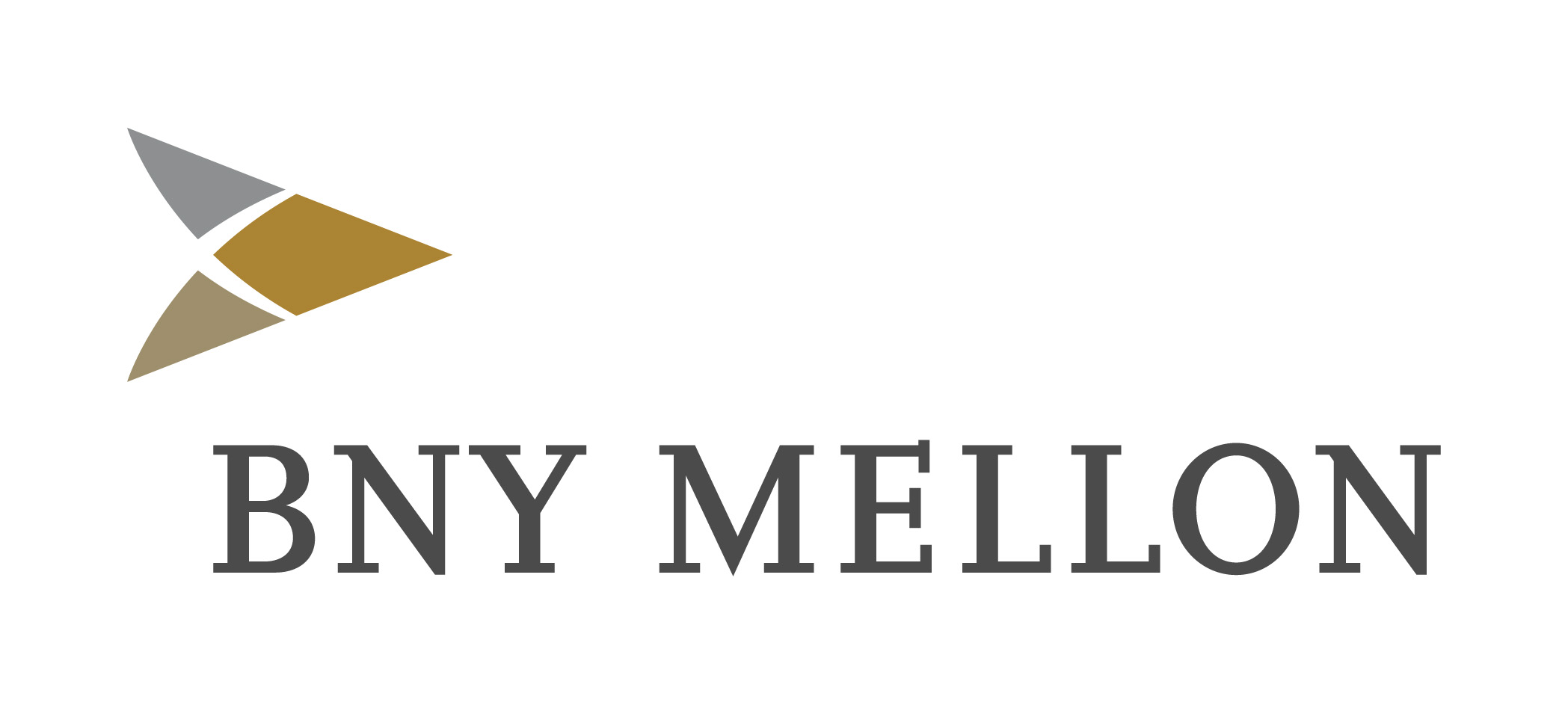An Enabling Environment for Business: Insights from Financing for Development
Reporting from the United Nations’ Third International Conference on Financing for Development, John Buckley, BNY Mellon’s global head of CSR, discusses why cross-sector collaboration is vital to unlocking resources for sustainable development.
This week, I’m joining heads of state and government, ministers of finance and leaders from non-governmental organizations and the private sector at the United Nations’ Third International Conference on Financing for Development (FfD)in Addis Ababa, Ethiopia to discuss the resources needed to support the UN’s new sustainable development agenda. The UN’s post-2015 Sustainable Development Goals (SDGs) will replace the Millennium Development Goals, which are set to expire this year, and set the global stage and norms for development from 2016 to 2030.
It’s clear that cross-sector collaboration is vital to unlocking resources for sustainable development. In the individual and panel discussions I’ve had and heard so far at FfD, there’s a recognition that significant progress has been made over the past few years in moving from talking about the private sector having a role in financing sustainable development to giving the private sector a seat at the table for the financing debate. Attendees and speakers have emphasized that the private sector cannot act alone, and the right conditions have to be in place to enable meaningful participation.
During the “An Enabling Environment for Business” panel at FfD’s International Business Forum, my fellow panelists – H.R.H. Princess Abze Djigma, founder and CEO of AbzeSolar S.A., Jay Collins, Vice Chairman of Corporate and Investment Banking of Citigroup Inc., and Hans Peter Lankes, Managing Director, Corporate Strategy and Acting Chief Economist at the European Bank for Reconstruction and Development (EBRD) – and our moderator, Monish Mahurkar, Director of Treasury Market Operations at the International Finance Corporation (IFC), echoed the importance of developing an environment that enables business to help close the gap between financing supply and demand for sustainable development. I shared BNY Mellon’s perspective that a strong rule of law – the legal principle that law should govern a nation– is a precondition for investment and business. Strong rule of law and improved governance enhance business opportunities, increasing capital flow to developing and emerging markets. Making investment in these markets safer and more attractive to mainstream investors is an area of social finance with significant potential.
BNY Mellon has partnered with the UN Foundation to become one of the leading private sector voices speaking about rule of law. We realize that global investment flows are a key resource in solving the world’s most pressing problems, but it could also lead to business opportunities for our clients and firm. In a global world defined by rapid change, evolving risks and new opportunities, business cannot afford to focus only on short-term profits; we must make long-term investments that advance a stable, sustainable and inclusive global future.
If you are interested in learning more about BNY Mellon’s commitment to investment with positive social/environmental impacts, I encourage you to explore our social finance website and read our white paper: www.bnymellon.com/socialfinance.

